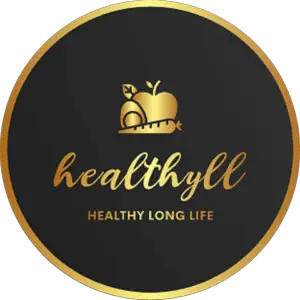Strength Training Exercises That Will Help You Increase Speed During the Two-Mile Run
Strength training is an important part of any runner's routine, as it helps build power that aids in running speed and endurance. Strength training exercises can help you increase your speed for...
